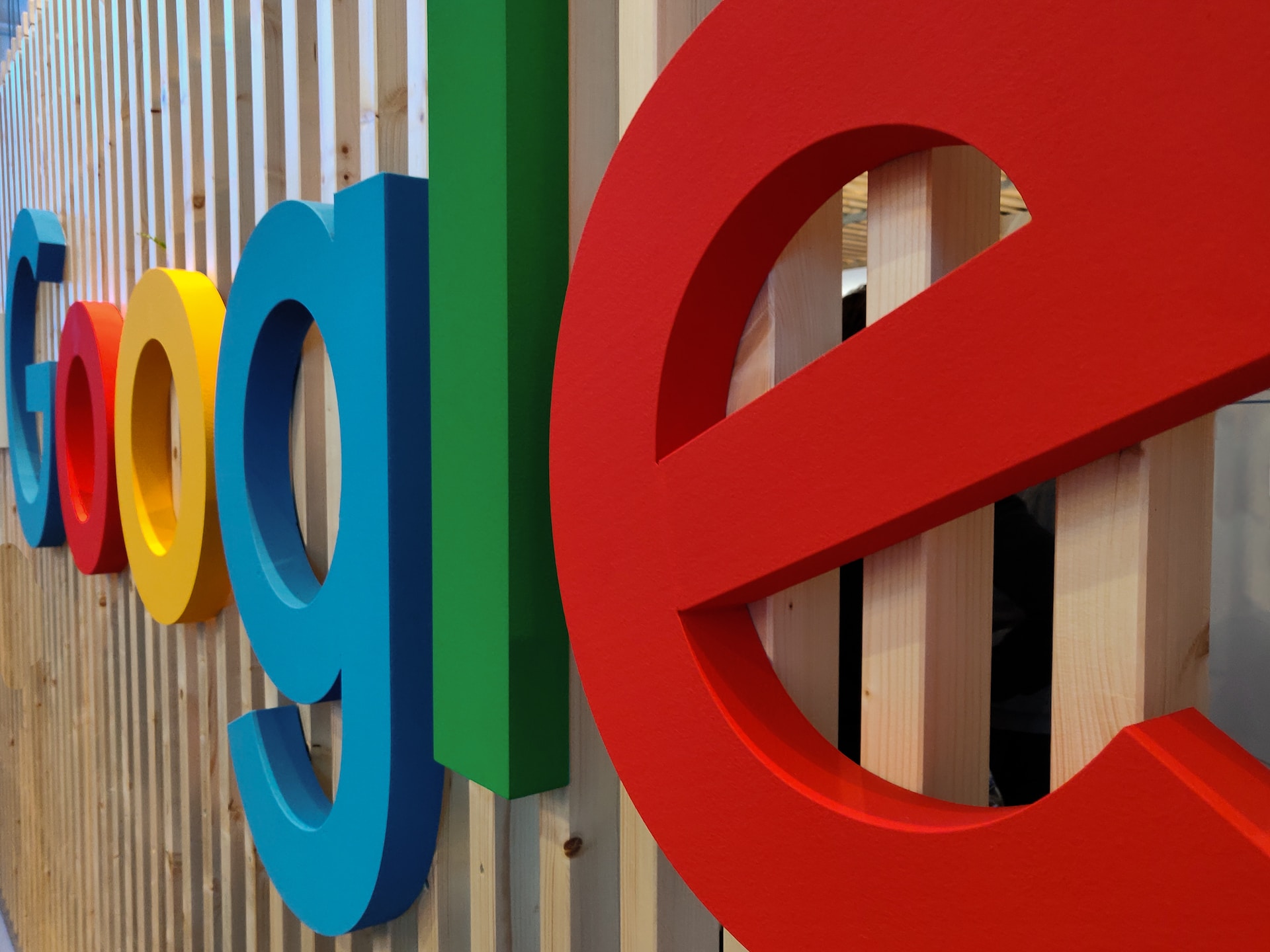Google has begun the rollout of its Search Generative Experience (SGE), a novel tool designed to enhance search results by employing AI and Large Language Models (LLMs) including MUM and PaLM2. Announced at Google in 2023, the feature is currently being deployed to users who signed up for the Search Labs program.
The SGE is designed to provide answers to complex, multi-step searches that may not be satisfactorily addressed by a single website. Rather than displaying a list of links, SGE generates an AI-powered “snapshot” of information, drawing from multiple sources and summarizing them. Examples of queries well-suited for SGE include comparative questions like “Learning ukulele vs guitar,” informational searches such as “Benefits of incorporating your business before freelancing,” and more task-oriented searches like “How can I renew my passport quickly?”.
The AI-generated response aims to be objective and neutral, avoiding first-person points of view. Google has emphasized that generative AI is experimental and SGE will not provide a snapshot when there’s a dearth of information or Google has low confidence in its response.
In addition to the AI snapshot, SGE includes features that foster a more interactive search experience. A button allows users to expand the information and see how it was corroborated on a sentence-by-sentence basis. At the end of the snapshot, there are suggested follow-up questions and the option to ask your own, launching a chatbot UI designed for follow-up queries. Google will consider previous context and questions when providing new answers.
When it comes to shopping-related searches, SGE can suggest factors to consider and provide generated overviews of potential options, leveraging Google’s Shopping Graph. For instance, if you’re looking for an outdoor Bluetooth speaker, SGE could highlight factors like water resistance and battery life while suggesting various options. Ads will appear above the snapshot for these types of searches, clearly labeled as “Sponsored”.
Along with SGE, Search Labs is introducing two other features: “Code Tips” and “Add to Sheets.” Code Tips utilizes large language models to provide tips for writing code in several programming languages and tools, while Add to Sheets enables users to insert a search result directly into a spreadsheet, serving as a valuable tool for research and planning.
Google is currently rolling out the Search Generative Experience in US English to those that signed up for Search Labs, with Google One Premium (2+ TB) subscribers receiving priority access in the queue. Users can look forward to an email titled “It’s your turn to try Search Labs” as an invitation to try out the new features.
































































